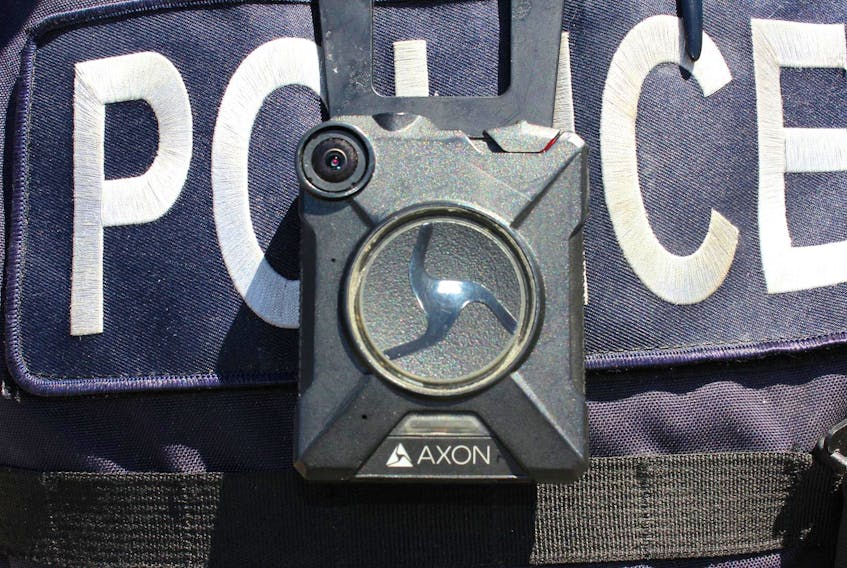It’s obvious that video evidence is now a crucial part of police work.
It’s so valuable that police forces actively canvass the public on the off chance that home security or other cameras may have caught a handful of frames of something as simple as a vehicle that could have been involved in a crime.
Here’s a snippet from a Royal Newfoundland Constabulary (RNC) news release about an attempted ATM robbery on July 16: “The RNC General Investigation Unit is actively investigating this incident, and are looking for any CCTV or dash camera footage in the noted area.”
Or this, from the Halifax Police, also on July 16, looking for public help after a theft from a charity donation box in a drug store: “The suspect is described as a white man in his twenties with a goatee. He was wearing an Under Armour baseball hat and a grey hoodie and was carrying a black backpack. Police are releasing photos of the suspect and are asking for the public’s assistance in identifying him.” Yes, the photos came from the store’s video surveillance system.
So why is it that police forces in Canada seem to be resistant to having officers carry body cameras?
So, clearly, video is a valuable addition to what witnesses and police at a scene might remember. And, like other tools — fingerprints, DNA evidence — captured video can help establish who is telling the truth. (No one is saying that video alone tells the full story; the footage may be unbiased, but how it’s used — particularly in the context of isolated clips or the angle it’s been shot from — may create a different impression than what actually occurred.)
So why is it that police forces in Canada seem to be resistant to having officers carry body cameras? A recent story from the Postmedia news service pointed out that, with few exceptions, police forces in Canada from the RCMP on down have tried pilot projects with the cameras, but stopped at that point.
A public inquiry in Newfoundland and Labrador into the death of a man shot by a Royal Newfoundland Constabulary officer found that “While cameras could provide some evidence of police encounters and thereby potentially offer enhanced accountability and assist in restoring the public’s confidence in the police, no one piece of technology will be the ultimate solution.”
Even so, the RNC’s chief told the CBC, “Some concerns we have been faced with are cost, privacy, storage capacity and maintenance, and accuracy. … We will be continuing to explore body cameras with these factors in mind.”
Halifax police officials decided against body cameras even after a report recommended them, saying the devices were expensive and the benefits of the devices were “unclear.”
And the list goes on.
But it leaves a crucial question: how can police forces argue that video evidence is dependable for catching criminals, but less so when it monitors the conduct of police officers?









